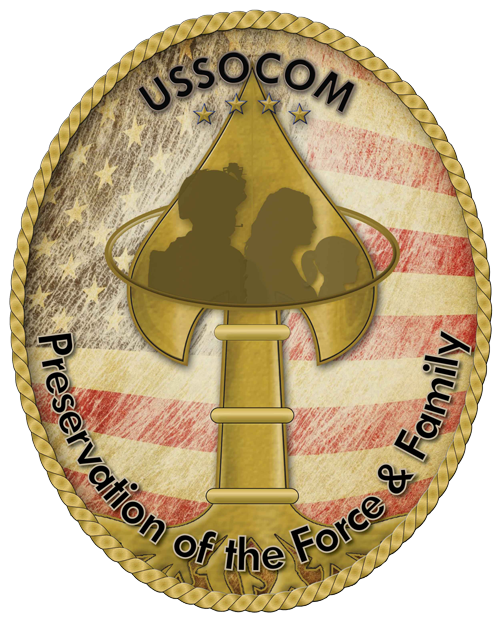Page Content
Whether at home or on a mission, having cohesive teams makes a big difference in how productive and fulfilled you feel on a day-to-day basis. Constant conflicts, poor communication, and/or a sense of mistrust and insecurity can negatively impact your ability to be at your best. Winning teams don’t happen by chance. There are a few ways you can work toward building strong, cohesive, effective teams at home or in uniform, as a leader, parent, or spouse.
Start With A Healthy Environment
One of the basic building blocks of good teams is a sense of trust and dependability among team members. You can cultivate high quality connections with others at work and home by creating forums for open and honest communication (about both positive and negative topics). Encourage transparency and frequent communication about issues that impact daily operations. And remember that communication styles vary from person to person.
Although teams and families operate in a unit, find ways to identify and support individual strengths and attributes. Individual traits can help build or break down a team. Be proactive about getting to know what each person brings to the table and providing opportunities for them to utilize their strengths.
Create a uniform standard of respect among team and family members. When you identify negative dynamics among people within the group, address them openly and hold everyone accountable to the same expectations. Be on the lookout for group aggression and hazing. Although some people believe that these types of behaviors can lead to increased group identification, it can actually tear down trust, dependability, and cohesion.
Set And Strive For Goals As A Unit
High performing teams regularly set, revisit, and reevaluate progress towards goals, both at the individual level and team level. As a unit or as a family, setting team goals can unify individuals in a shared effort to reach an agreed upon goal. Working toward unified goals also increases a sense of cohesion and shared values. After setting team goals, delegate responsibilities and create systems that encourage team members to work collaboratively, share resources, and track progress. When you hit markers of success along the way, remember to celebrate together!
Have individual team members set goals for themselves that are connected to larger team goals. Sometimes individual members might not be able to see that they have individual goals that connect with the larger mission. For example, if Dad is trying to eat healthier by packing lunch, talk about how his goal also can contribute to the family goal of saving money for a vacation or a visit to a loved one to connect him to a sense of purpose and provide motivation on tough days.
In the goal-striving process, make sure there are systems in place to provide feedback. Whether constructive criticism or praise, feedback is essential for peak performance. Feedback shouldn’t just be from the top down; it should be peer to peer as well. Your negativity bias might cause you to spend more time identifying what went wrong, so remember to celebrate successes when they happen.
Whether it’s with your team or with your family, sharing goals helps you leverage resources and adjust behavior. Together, you can see how to support one another’s goals or even how certain behaviors and attitudes might be hindering someone from attaining his or her goals.
Make Time To Recover
This last tip might seem counterintuitive: Winning teams need time to recover. Teams can’t be successful if they’re always running on empty. Although it might be challenging in a military environment to encourage balance and recovery, both are essential to help team members stay task oriented and motivated. Life doesn’t mean attending to business all the time. Encourage regular exercise, get out in nature, spend quality time with loved ones, and take a little time to engage in otheractivities that bring your team members joy.
Finally, don’t forget to sleep. It lays the foundation for just about everything. Operators and enablers often miss out on essential rest while performing their duties, so when the opportunity arises, it’s crucial to use every opportunity to rest. Family members and spouses also can get so caught up in trying to tackle daily tasks that they give sleep low priority. Remember that you can’t process emotions well, communicate effectively, or think clearly when you’re sleep deprived, and each of these deficits can challenge team and family dynamics.
Building strong teams can feel like a struggle, but small deposits in the teamwork bank will yield big returns in performance and the well-being of your teammates and those you love. What can you do this week to help make your teams and families stronger?

